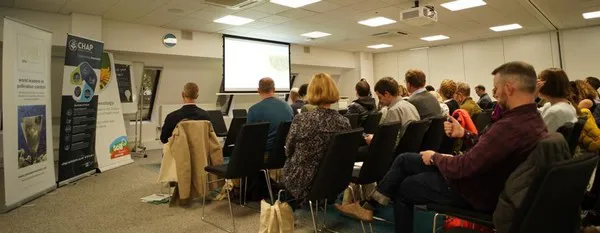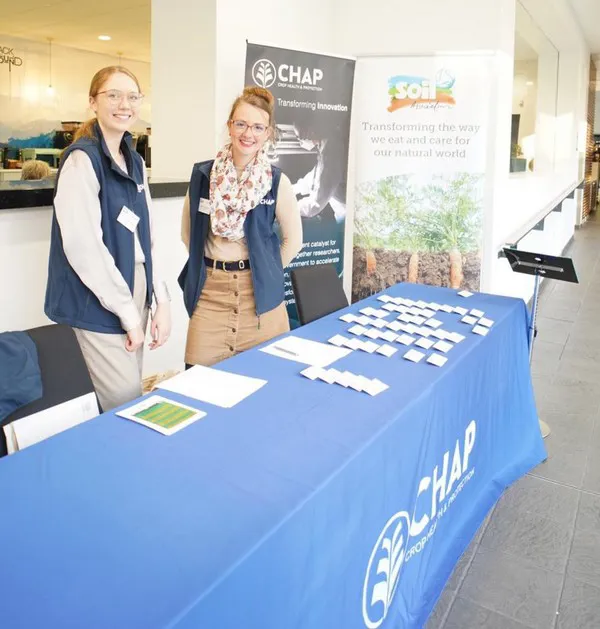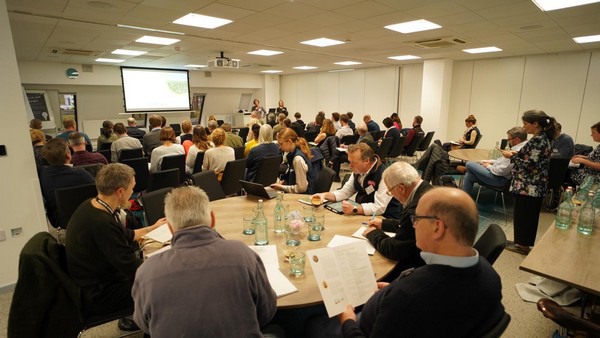The future of UK plant breeding needs more diversity, collaboration, and big data. That was the key message from a knowledge exchange event held recently.

The conference, hosted by Crop Health and Protection (CHAP) and the Soil Association, opened up discussions to explore how plant breeding can contribute to a more sustainable future for agriculture and address the challenges of the 21st Century.
Presentations were given by industry experts, including Professor Tim Benton of Chatham House, Tom MacMillan of the Royal Agricultural University, and Paul Gosling of AHDB. Afternoon break-out sessions then provided an opportunity for delegates to engage in facilitated discussions centered on the next key steps to support the plant breeding sector and expand its current boundaries.
During the day, concurrent themes became apparent – that crops and varieties need to be more diverse, a collaboration between breeders, farmers, and academics is critical, and data needs to be used more effectively, both from research and on-farm projects.
Joanna Lewis, Policy and Strategy Director for the Soil Association, said: "A key theme for the conference was the importance of breeding for resilience and the need for farmers to have confidence in a more diverse range of seeds that they can rely on in changing climatic conditions."

"While this increases the complexity of the breeding challenge, it was encouraging to hear from voices across the industry that new digital solutions offered an opportunity to decentralize testing and make it more relevant to on-farm conditions, including in low-input systems."
"It's not all about the 'new' either: we heard about the potential of heritage varieties to be rediscovered and tested against newly relevant traits such as nitrogen efficiency. Overall, there was a welcome energy and optimism in the room and a determination to re-focus existing cross-sector networks to create the plant breeding system we need for challenging times."
Also raised during the conference was the need for funding and the role of policy in dictating change. Long-term, directed funding to support plant breeding is essential to better utilize existing resources such as Genebanks and deliver more relevant field trials.
Dr. Ruth Bastow, Innovation Director for Agri-Tech Innovation Centre, CHAP, said: "Bringing together a wide range of stakeholders in an open, collaborative forum enabled us to identify not only the challenges but the opportunities that we can proactively pursue now."

"These quicker wins include revisiting the existing plant breeding toolbox and maximizing it through testing in different growing environments and systems such as controlled environments, within smaller geographical regions, and by re-screening for additional traits such as low input."
"We also discussed the role of speed breeding and genomic selection, and placing the end-user at the front of the process, to select varieties based on retailer and consumer requirements rather than just yield."
"These discussions are invaluable in truly scoping our current scenario, bringing in the knowledge and thoughts of delegates from across the sector for an informed view. We look forward to collaborating further in this space."
For more information: CHAP
CHAP
[email protected]
www.chap-solutions.co.uk
